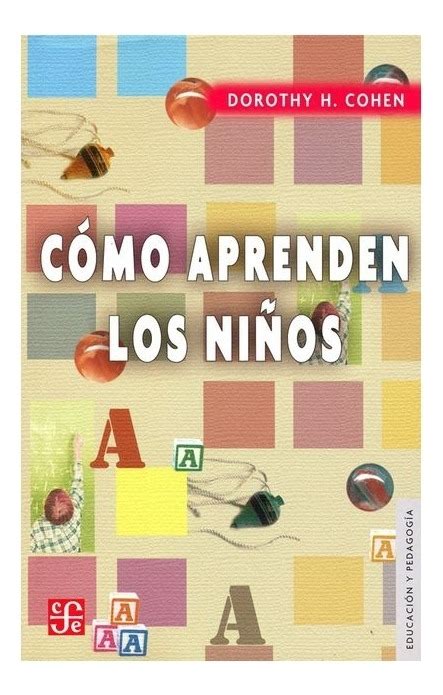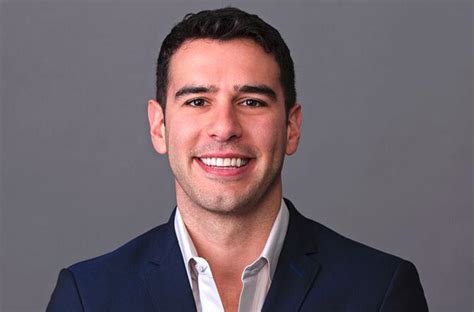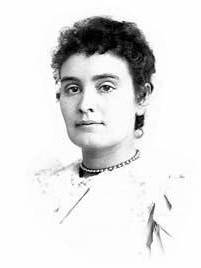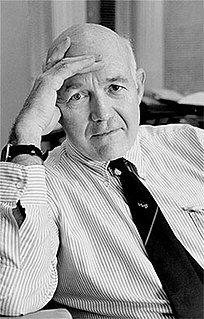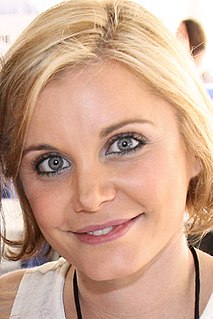A Quote by Ann Cotton
My journey started with the understanding that poor parents share the universal desire for education for their children. No family in our experience has ever turned down educational support for their daughter.
Related Quotes
The future success of our Nation depends on our children's ability to understand the difference between right and wrong and to have the strength of character to make the right choices. To help them reach their full potential and live with integrity and pride, we must teach our children to be kind, responsible, honest, and self-disciplined. These important values are first learned in the family, but all of our citizens have an obligation to support parents in the character education of our children
The fundamental problem is that the gap in educational achievement, which is a key in our technological economy, is due in my opinion - and the opinion of many, including Arne Duncan, our secretary of education - to the fact that the families of the poor who are not very educated are not talking to their children, interacting with their children, insisting they do their homework and so on.
They [parents] can help the children work out schedules for homework, play, and television that minimize the conflicts involved inwhat to do first. They can offer moral support and encouragement to persist, to try again, to struggle for understanding and mastery. And they can share a child's pleasure in mastery and accomplishment. But they must not do the job for the children.
If Confucius can serve as the Patron Saint of Chinese education, let me propose Socrates as his equivalent in a Western educational context - a Socrates who is never content with the initial superficial response, but is always probing for finer distinctions, clearer examples, a more profound form of knowing. Our concept of knowledge has changed since classical times, but Socrates has provided us with a timeless educational goal - ever deeper understanding.
It needs more than ever to be stressed that the best and truest educators are parents under God. The greatest school is the family. In learning, no act of teaching in any school or university compares to the routine task of mothers in teaching a babe who speaks no language the mother tongue in so short a time. No other task in education is equal to this. The moral training of the children, the discipline of good habits, is an inheritance from the parents to the children which surpasses all other. The family is the first and basic school of man.






